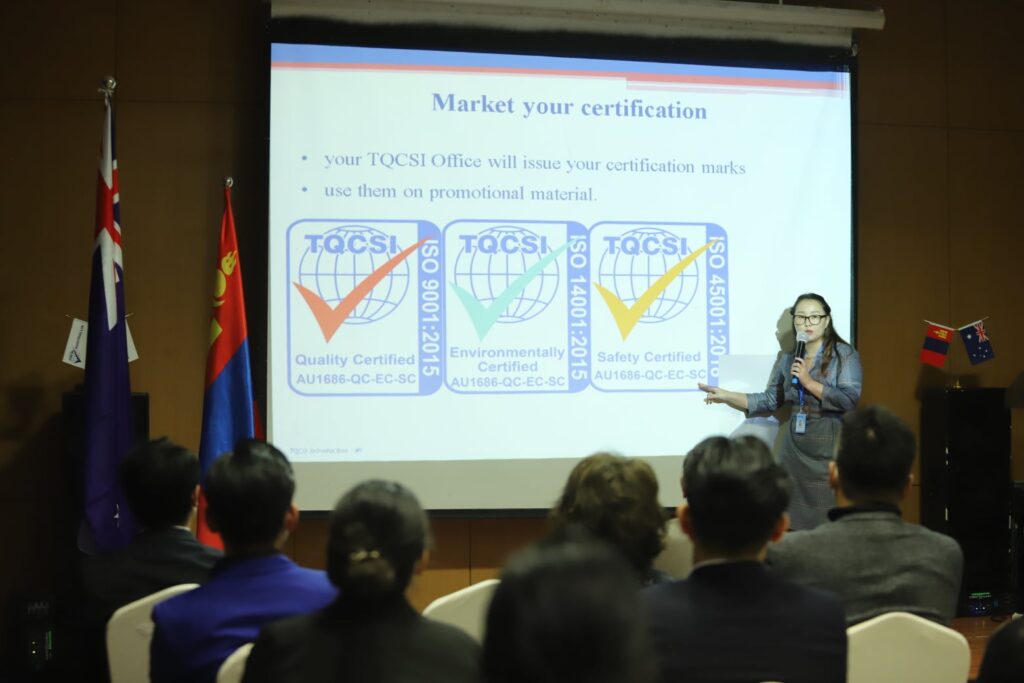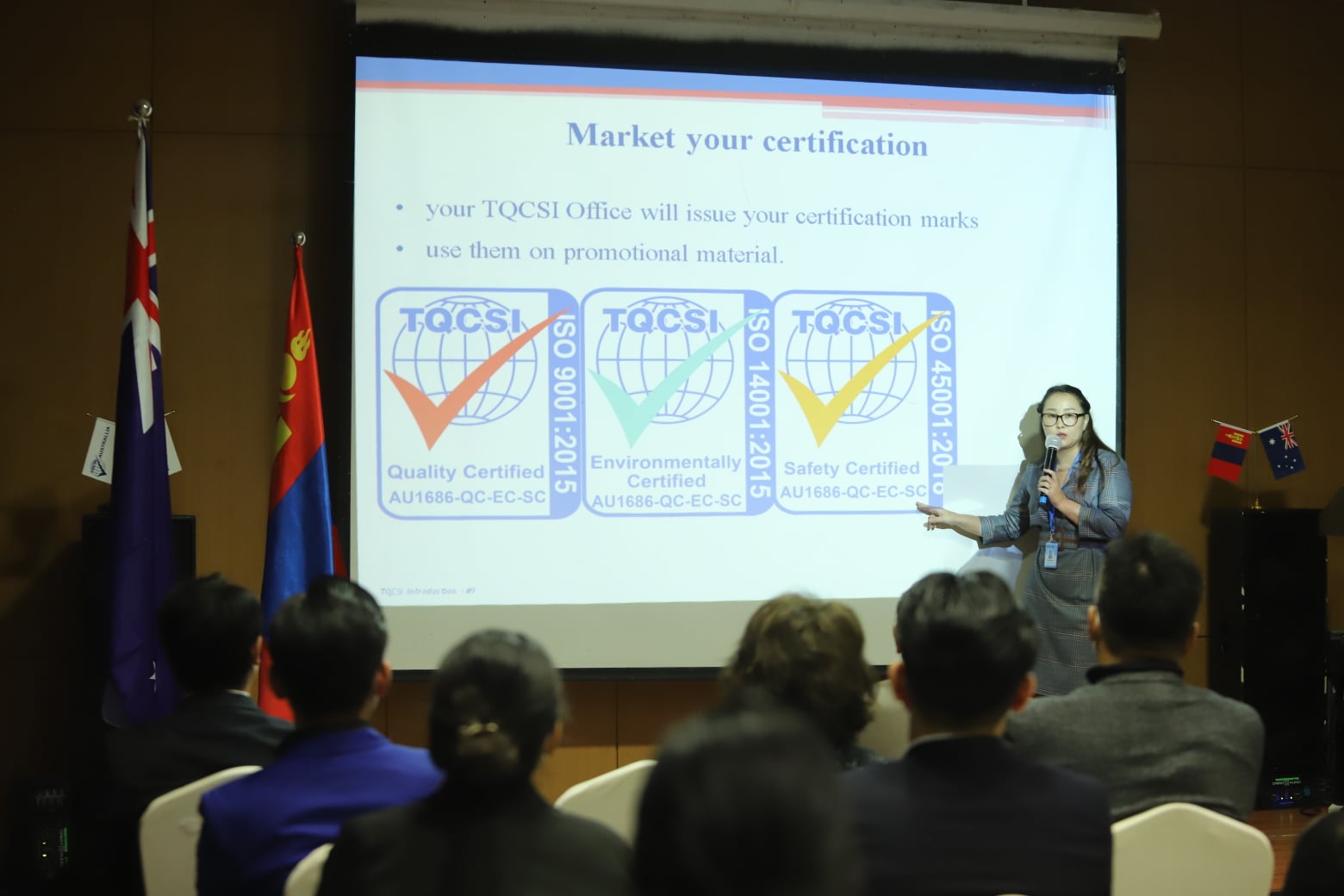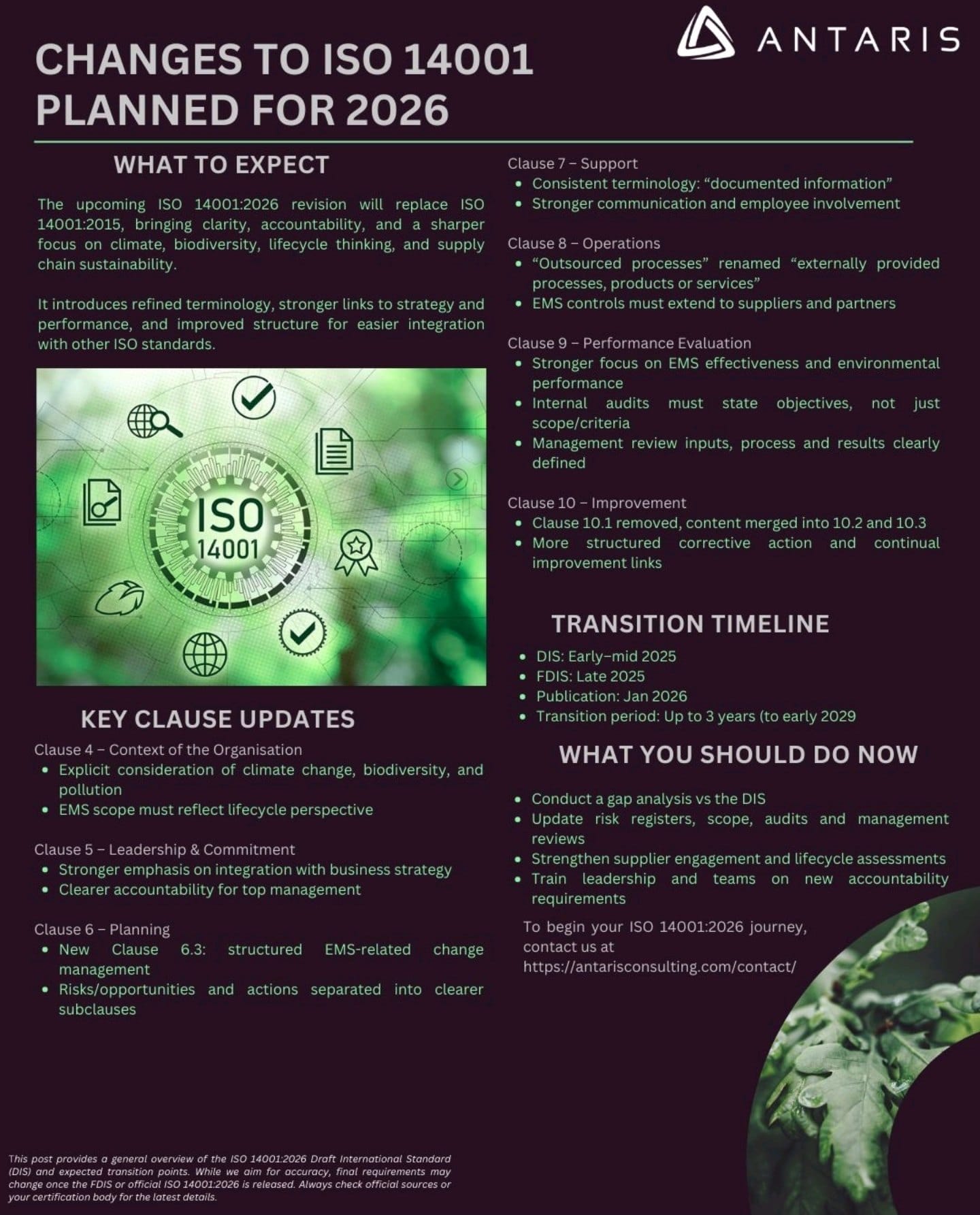“Have you ever overheard directors or leaders asking, ‘What is the significance of a standard? Why do we need an audit?’
The answer is actually right in front of us. Organizations that don’t just superficially implement standards as paperwork exercises, but instead use them to engineer their operations, technologies, and processes demonstrate their value clearly through their performance.
Take, for instance, one of our clients, Erdenet Meat Factory. They implemented ISO 9001 and ISO 22000 standards in 2017. In 2018, they underwent a third-party certification audit for both standards. While they successfully met the requirements for ISO 9001, they did not pass the audit for ISO 22000 and therefore did not receive certification. In Mongolia, there are some organizations that offer consulting, auditing, and certification as a package deal within a month, often producing substandard and unreliable results. At the time, I thought, ‘Perhaps they’ll take the easy way out and purchase an ISO 22000 certificate from one of these less credible providers.’ But they didn’t.
Instead, they worked diligently for four more years, striving to build a robust and sustainable system within their organization. During this time, they consistently maintained and certified their ISO 9001 system, effectively laying a strong foundation. By 2023, they met the requirements for ISO 22000 for food safety management systems and proudly received an internationally accredited certification from Australia.
This year, they underwent a surveillance audit amidst significant organizational changes, including new ownership and structural adjustments. Despite these changes, the system remained operational, demonstrating that it was not dependent on any one individual but was instead driven by structured, monitored processes. This is a lesson many small and medium-sized enterprises in Mongolia still need to learn. In many cases, organizations overly rely on a single leader—if the director is unavailable, operations falter, and no one else knows how to run the business effectively. This lack of resilience prevents organizations from navigating market challenges and leveraging opportunities. In contrast, organizations that implement standards embed processes not only for core operations but also for managing and supporting these operations. Erdenet Meat Market demonstrated how to manage change while preserving the integrity of their systems.
No operation or change is without risks, but no challenge is insurmountable. Standards are the key to finding solutions! Management standards are essentially detailed guides that distill the best practices and lessons learned from industrialized countries over centuries. They tell you what to avoid, what to prioritize, and what minimum steps to take.
These standards don’t prescribe exact methods but instead outline the structures, systems, and mechanisms an organization should establish. This flexibility allows organizations of any size, sector, or ownership type to adapt the standards to their unique circumstances. The key lies in understanding and properly implementing them, often with the guidance of professional consultants, trainers, and auditors who can translate the technical language of the standards into practical, actionable steps for the organization.
True implementation of a standard requires time—at least three years—to integrate it into the organization’s operations, refine processes, and embed them into daily practices. The first three years are often spent on modeling and testing the system, identifying and addressing issues. By the fourth to sixth year, the organization begins to operate at a higher level, and by the seventh to ninth year, even more significant progress can be achieved. Over time, the organization transitions from being managed by individuals to being led by systems and culture.
Since 2016, we’ve been teaching this concept to organizations. A study conducted by McKinsey for Rio Tinto revealed that 70% of leadership behavior influences the behavior of their direct reports, which then cascades down the hierarchy. This behavior collectively shapes the organizational culture, which, in turn, determines the success or failure of new management systems, methods, or improvements. Conversely, well-designed management systems can positively transform up to 70% of an organization’s culture, leading to improved processes, relationships, and decision-making at all levels.
Therefore, undergoing audits and maintaining certifications isn’t just about passing a test. It’s about evaluating whether the organization is aligned with its strategic goals and functioning effectively. Audits provide valuable insights and opportunities for improvement, guiding organizations toward sustainable growth. However, if an audit is reduced to mere formality—skimming through documents or engaging in social pleasantries—it loses its purpose.
The true value of standards lies in the tangible improvements they bring to organizations. When implemented with sincerity and diligence, standards enable organizations to withstand changes, reduce risks, and achieve sustainable growth. Witnessing our clients improve and thrive is deeply rewarding. Through their efforts, countless employees return home safely, environmental impact is minimized, consumers receive safe and quality products, and organizations contribute to the national economy.
Standards safeguard human safety, workplace safety, food safety, environmental protection, and much more. So, let me ask again: ‘What is the significance of a standard? Why is an audit necessary? Isn’t it just extra work?’ If you’re a leader running an organization without standards, I urge you to connect with those who have successfully implemented them. Their stories and experiences will show you the real value and impact of standards—often far better than we can explain.
If you’re interested in obtaining ISO management system certifications with international-level quality at affordable prices in Mongolia, visit our website: www.tqcsi.mn, www.tqcsi.com



